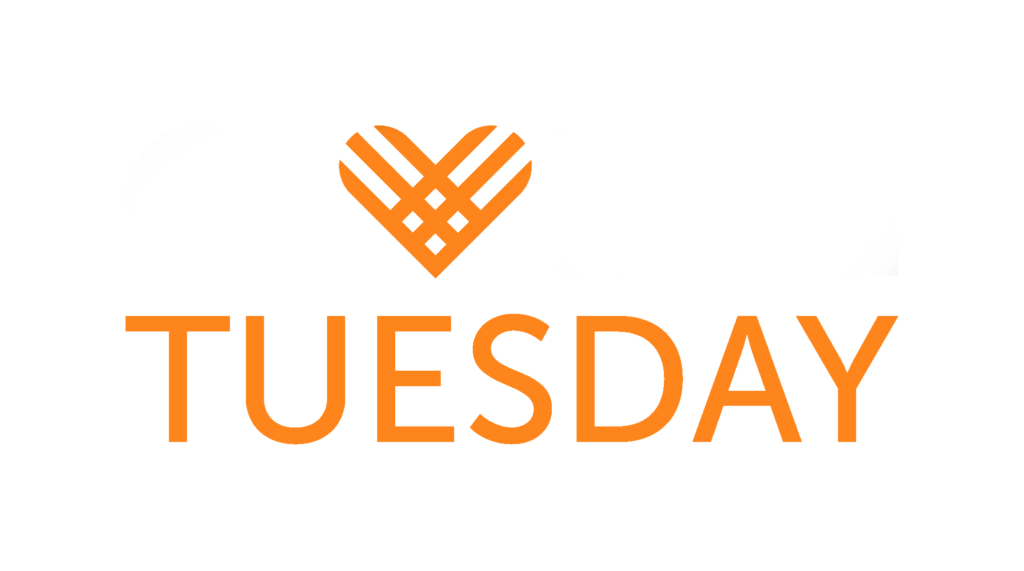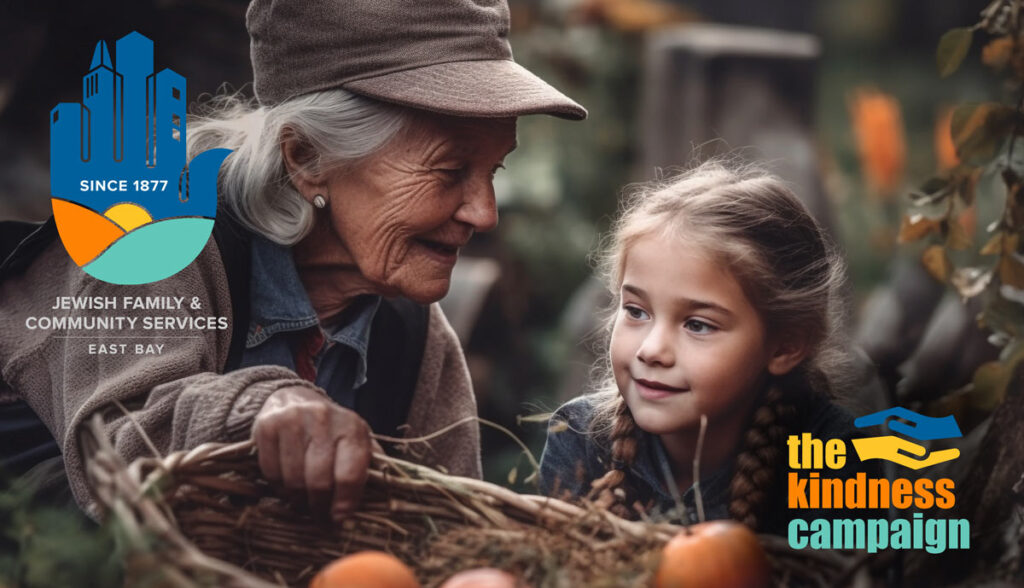One Story About Courageous People in Nazi-Occupied Holland
by Edith Heine
I was born in July 1938 and lived in Amsterdam, The Netherlands, when the German Nazis occupied my country in May 1940. We had to go into hiding. It was an indescribably awful life.
My parents had worked publicly in Germany for more than a decade to bring consciousness to the people about the planned horrors of the Nazis. But denial, ignorance, and disbelief brought the Nazis to power in 1933.
My parents immediately fled over the border to Holland to save their lives and hoped to get from there to the USA. They knew that the Nazis would occupy all European countries.
When the visa did not arrive, they were forced to stay in Holland. They joined a huge group of Dutch people who were trying to do everything they could to keep the Nazis away from Holland. They were called “De Kring” (The Circle).
We lived in a number of cellars and places; we endured various levels of starvation, such as having little food and times when there was none at all. This caused me to become horribly weak, which made my mother upset and very angry at me since she was terrified of my dying. I was close to death several times. I had illnesses, who knows what kind, because medical help was not available for us. I realized that my mother was so afraid to see me when I could not walk anymore, and was just lying down. She even stopped looking at me. She expected I would die like many other children on the streets of the city.
In this horror, I also got to know good people who risked their lives to save Jewish children and adults. This was also punished with the death penalty by the Nazis. I am writing down my experiences with one such family.
One day, I found myself amid a warm and loving family; Eddy Hoornik and his wife, Elisabeth. They smuggled me, wrapped in a blanket, to their house. The couple had twin girls, Yvonne and Leah, who were born in the same year and same month as I was. There was also a sister, Marianne, who was five years older. She never talked with me, nor with Leah or Yvonne, because she made it clear that we were too young for her, and she always said that all three of us were very stupid.
The two little girls slept in a huge comfortable bed, and I slept right between them, in the middle. For the first time in my life, I felt tremendously cozy and protected. I didn’t remember ever having felt that way before since we lived in hiding in horribly cold cellars. There was no furniture or much else, and we were almost always surrounded by sewer rats.
Eddy and Elisabeth Hoornik were good friends of my parents since their arrival in Amsterdam in 1933, the year the Nazis came to power in Germany. They, many others, and my parents all had worked together in the Dutch underground and belonged to “De Kring.”
The Hoornik family were loving people, which I had not experienced before. My parents were too preoccupied with horrible situations and trying to survive the impossible. The Hoorniks taught me many new things. I learned to say “thank you” and how to eat with a knife and fork, which I liked a lot. It thrilled me that there were people on this planet who treated me so warmly and had so much love for everyone.
Only when their aunts came to visit them, bringing little candy and gifts, was I excluded from the family. I had to stay in another room, where they locked me up and warned me not to make any noise while the aunts were visiting. They were not allowed to know that I lived there.
Helping a Jewish child or adult was punishable by the death penalty, and people did not trust anyone; even a family member could collaborate secretly with the Germans. After the aunts left, I was allowed to come out and rejoin the family.
The children always showed me little presents they had received from their aunts. I was happy for them. But also, every time this happened, I was sad and wished I had also been given something. But I decided this was such a tiny thing and, being aware of the countless good things they gave to my life, allowed me to bring the aunt’s missing gifts into perspective.
I was devastated when the Hoornik family returned me to my parents. I didn’t want to go back to them anymore. I wanted to stay with the Hoorniks. It was my first conscious exposure to how life could be, surrounded by emotional and physical warmth. ln my eyes, they threw me back to my distressed and overburdened parents, who were scared of being discovered by the German Nazis, their breaking in doors and windows, their loud German barking and yelling when they were rounding up people. And where the lack of almost everything was the norm.
One day, to my delight, l found myself back again with the Hoornik family. I was so glad! Eddy Hoornik was a journalist for one of the most prominent newspapers in Amsterdam. He also wrote books and poems, some with anti-Nazi content. It happened that the Nazis destroyed Eddy’s books and poetry and prohibited him from writing again. No one was allowed to read his books.
Eddy still worked for the Amsterdam newspaper and sat at his desk to write every morning. I sat at his feet under his desk for hours like a little dog. I loved the whole atmosphere. It was so quiet, focused, and peaceful……..
One day, Eddy suddenly grabbed me from underneath the desk and pulled me toward a very steep and narrow shaky ladder that went up to a small window in the roof. I was scared. We heard Gestapo yelling and barking outside. It was clear we had to escape–a situation I was already very familiar with when I lived with my parents.
We came out onto the roof, and I saw how far up from the ground we were. We had to balance our way down the sloping roof to the gutter. Every level step was dangerous and terrifying because we were so high. It made me dizzy when I looked down. Then we came to a new plank connecting our rooftop to the next……
Looking down, we saw the Gestapo with guns surrounding the building. We started to go across, but I couldn’t go on–l was terrified. I said, “Thank you,” when Eddy helped me balance, but suddenly I froze. It was so scary looking down so far from the ground. He picked me up in his arms and carried me across. He ordered me to stay where I was and not to follow him. I did what he said.
I don’t recall all the details, but suddenly Eddy was not there anymore. I had a feeling of fear that he had made some mistake, and I felt panicked, thinking he might have fallen down on the street into the hands of the Gestapo. Waiting for him, I lay down on the bottom so that the Gestapo could not see me. It was getting dark and darker….. Eddy did not come back.
After a long time, I tried to climb back to the house. It was horribly difficult. But I made it.
Aunt Elizabeth was not in the house, and no one was there. From that day on, I was on the streets for quite a while. (This is another story.)
Later, I learned that the Gestapo had caught and arrested Eddy and brought him to the Dachau concentration camp. They also arrested his wife, Elisabeth, and the children. Eddy spent the rest of the war in Dachau, where they murdered people in gas chambers. Most of them were political “criminals.” The Americans liberated the camp in April 1945.
Eddy survived the camp, and among many other books, he wrote one about his time in Dachau and about the liberation with pictures of the camp, its survivors, and the soldiers who liberated the camp. He gave me a copy, and it must still be on my shelves.
Eddy wrote many books and became a world-famous writer; his books were translated into many languages. However, since his time in Dachau, he was preoccupied with death and dying, which became themes in many of his poems and books.









